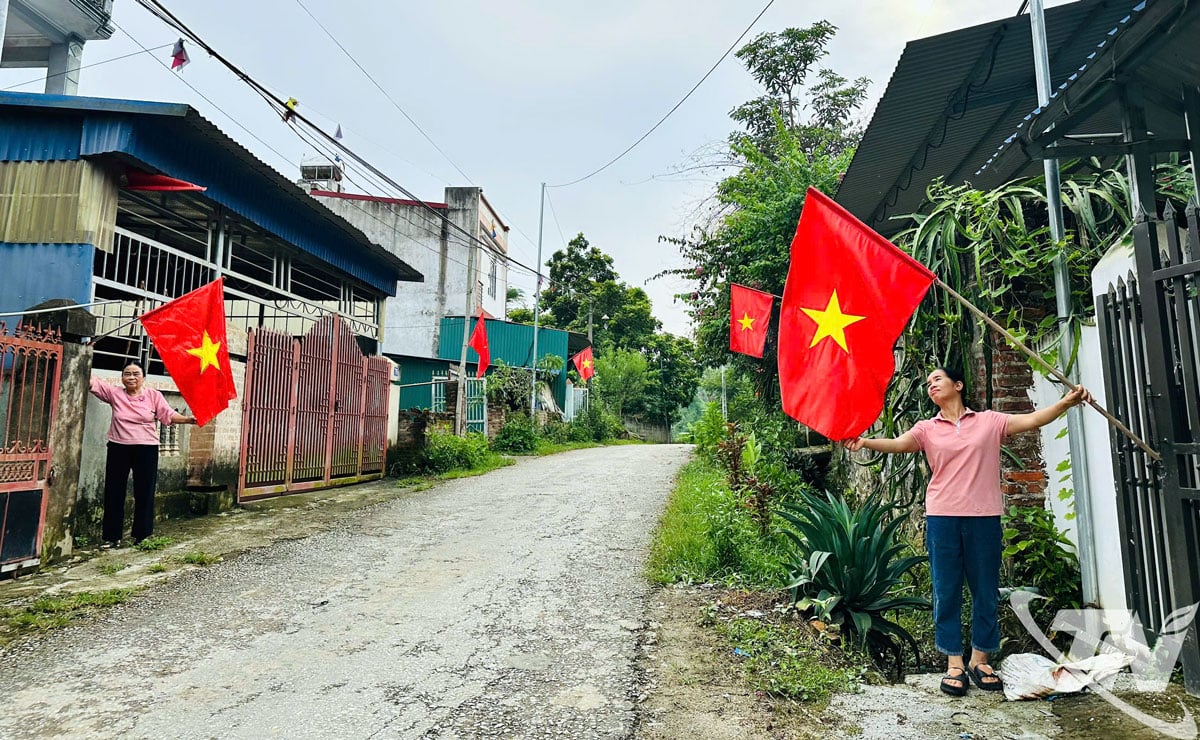 |
| People of Khuoi Cuong village, Bac Kan ward hang the national flag to celebrate National Day September 2. |
Khuoi Cuong - Where Uncle Ho stopped
Since mid-August, in the Khuoi Cuong residential area (Bac Kan ward), people have simultaneously hung the national flag neatly in front of each house. Ms. La Thi Nhung, Secretary of the Residential Area Party Cell, shared: On the occasion of National Day, the whole area feels like it is entering a festival. Hanging the flag is not only for decoration, but also to make children and grandchildren more proud and remember the historical traditions of their homeland.
At Mrs. Nhung’s suggestion, we met with Mrs. La Thi Giap to hear about the special historical milestone of Khuoi Cuong. She is 90 years old this year, but when mentioning the memory of March 28, 1951, when Uncle Ho came to the village to talk to the villagers, her eyes suddenly lit up, filled with emotion.
At that time, Mr. Giap was only 16 years old. He said that before the day of the talk, the villagers cleaned up together, preparing to welcome a high-ranking official of the Central Committee. The meeting did not begin until almost noon the next day. Because he was still young, he was not allowed to attend.
When he heard that the officer was Uncle Ho, he was filled with curiosity and excitement, so he climbed the hill alone to look down. From afar, he only saw a "sea of people" sitting neatly, orderly, listening attentively, but he could not see Uncle Ho's face clearly.
Mr. Giap recalled: Later, I heard people say that Uncle Ho was very simple, with a warm and gentle voice. In front of him at that time, there was only a fence made of cassava vines, but he told the guards to remove the fence so that people could get closer. Until now, I still regret not having once seen him clearly.
During the talk that day, Uncle Ho kindly asked about the lives of the cadres and people of the local ethnic groups and then shared about the resistance war against the French colonialists. He reminded that Bac Kan had just been liberated, the people were still poor, so they had to unite, help each other to reclaim land, increase production to have “enough food, enough clothes”, and at the same time have the conditions to contribute to the resistance.
He encouraged people to actively study to learn how to read and write, to grasp books, newspapers, policies and guidelines of the Party and State. Before concluding, he advised cadres, soldiers and ethnic people of Bac Kan to build a strong rear, support the front line, and be determined to defeat foreign invaders.
Those who directly attended the talk that day were all excited, more confident in the victory of the resistance war against French colonialism and more aware of their responsibilities. After Uncle Ho's instructions, the emulation movement of labor production and serving the resistance war in Khuoi Cuong and the whole province was strengthened. The whole village had 20 enthusiastic young men joining the army; the agricultural tax for each crop and each year was fully paid by the people, contributing to the supply for the front line.
After the province's merger, Khuoi Cuong village (Nong Thuong commune, Bac Kan city, Bac Kan province) was changed to Khuoi Cuong residential area (Bac Kan ward, Thai Nguyen province). The residential area currently has 92 households, of which only 2 are poor, over 50% of households are well-off. People always promote the spirit of solidarity, help each other in life, and actively participate in emulation movements.
The movement to build a cultural life, build concrete roads in rural areas, and maintain environmental sanitation has been actively responded by the people. Up to now, 3.8km of roads in residential areas have been hardened, and more than 60% of the road length has a lighting system. The implementation of grassroots democracy regulations has become routine, village conventions have been built and strictly followed, thereby strengthening the solidarity and unity in the community.
Changes in Phieng Lam
Passing through the forest road leading to the Dao village in Phieng Lam hamlet, Yen Thinh commune, our first impression was the red-roofed houses looming in the mountains and forests, with the national flag flying brightly in front of their porches.
Welcoming the guests, Village Chief Hoang Huu Hien smiled and said: Do you think the road is nice? About 5 years ago, it was difficult to go up by motorbike. Thanks to the capital from the National Target Program on New Rural Development, the people now have a spacious road.
Phieng Lam village currently has 42 households, more than 95% of whom are Dao people. Previously, due to the rugged terrain and remote traffic, people's lives were still difficult. Since 2021, the state has invested in building 3.2km of solid roads to the village and nearly 600m of roads within the village. Along with the attention of the local government, Phieng Lam people have also contributed labor and money to build a spacious village meeting house with a total value of nearly 80 million VND.
Mr. Hoang Huu Hien said that more than 20 years ago, Phieng Lam had no roads, electricity, clean water, and all households were poor. Up to now, the village's appearance has changed significantly with gradually invested infrastructure, including grid electricity, concrete roads, clean water, and a primary school. People focus on developing the hill and forest economy, gradually improving their income.
It is expected that by 2026, the remaining 15 poor households will be supported with capital and knowledge from the National Target Program on Socio-Economic Development in Ethnic Minority and Mountainous Areas for the 2021-2030 period to develop livestock and poultry farming models. This will be an important foundation to help households escape poverty, improve their lives, and contribute to the sustainable development of Phieng Lam.
Welcoming Independence Day this year, the joy in Phieng Lam was even more complete when 9 households with especially difficult circumstances were supported to remove temporary and dilapidated houses. Of these, 8 households were built new houses with a total cost of 464 million VND, 1 household was supported with 30 million VND to repair the house. The solid houses not only help people have a safe and cozy place to live but also add confidence and motivation for each family to strive to improve their lives.
Mrs. Nong Thi Song (born in 1959) emotionally shared: For many years, I have only lived in a temporary house, and every time it rains heavily, I am always afraid. Being alone, old and weak, I never dared to think that I would have a house to build. Now, with the help of the Party, the State and the people, I have a solid place to live, I am very grateful.
Each newly built house is not only a solid home for poor households but also a testament to the spirit of solidarity between the people and local authorities.
Busy cleaning up, Mr. Ly Huu Phuc shared: My family now only has me and three small children. Recently, we received 60 million VND in support to build a new house. Seeing my difficulties, the organizations in the commune and the villagers came to help clean up, dig the ground, and level the ground for many days, thanks to that, my family significantly reduced expenses...
The bright red flags this autumn not only remind us of glorious history, but also demonstrate the new vitality in each village.
The story of the past still accompanies the footsteps of today's youth, on the long concrete roads, next to the spacious roofs that are gradually appearing. In the joy of celebrating Independence Day, each citizen sees more clearly their responsibility in preserving and promoting traditions, joining hands to build the homeland to be more and more beautiful, with steadfast faith.
Source: https://baothainguyen.vn/dat-va-nguoi-thai-nguyen/202508/mau-co-do-giua-mua-thu-moi-5315556/




![[Photo] Red flag with yellow star flutters in France on National Day September 2](https://vphoto.vietnam.vn/thumb/1200x675/vietnam/resource/IMAGE/2025/8/28/f6fc12215220488bb859230b86b9cc12)
![[Photo] General Secretary To Lam attends the opening ceremony of the National Achievements Exhibition](https://vphoto.vietnam.vn/thumb/1200x675/vietnam/resource/IMAGE/2025/8/28/d371751d37634474bb3d91c6f701be7f)

![[Photo] National Assembly Chairman Tran Thanh Man holds talks with New Zealand Parliament Chairman](https://vphoto.vietnam.vn/thumb/1200x675/vietnam/resource/IMAGE/2025/8/28/c90fcbe09a1d4a028b7623ae366b741d)
![[Photo] Politburo works with the Standing Committee of Cao Bang Provincial Party Committee and Hue City Party Committee](https://vphoto.vietnam.vn/thumb/1200x675/vietnam/resource/IMAGE/2025/8/28/fee8a847b1ff45188749eb0299c512b2)
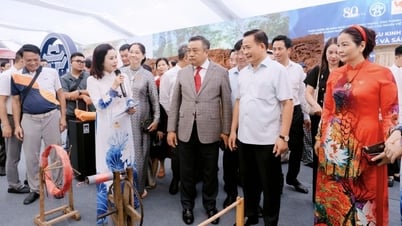

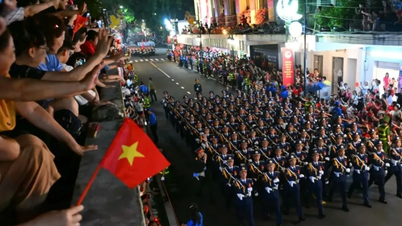



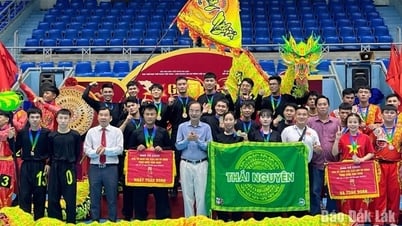



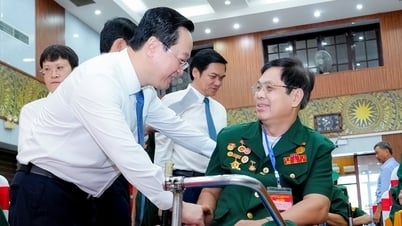

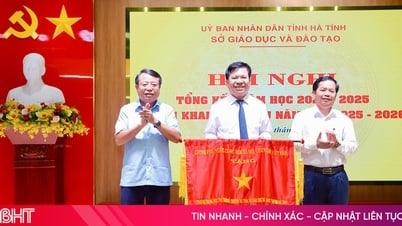

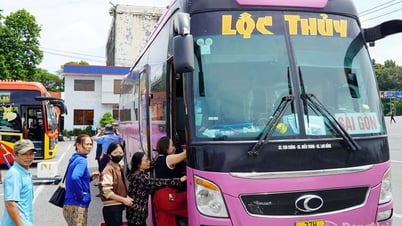

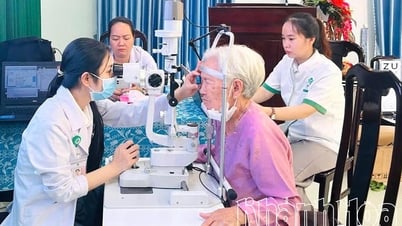

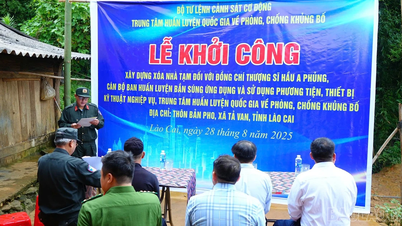

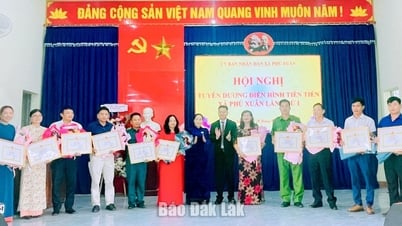
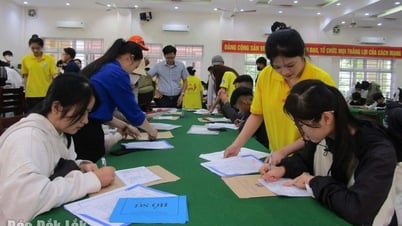




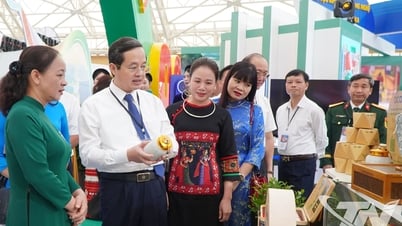
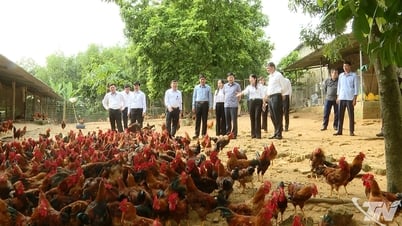
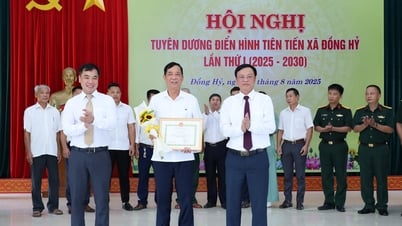
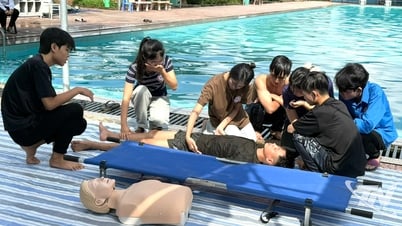
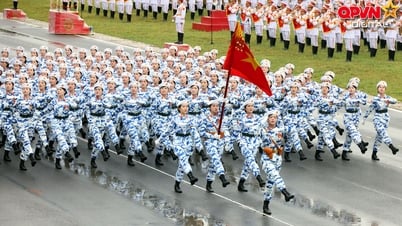
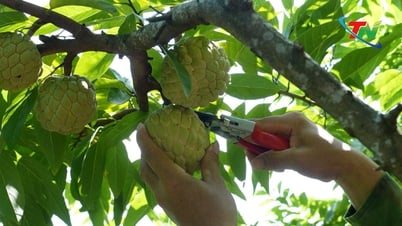






















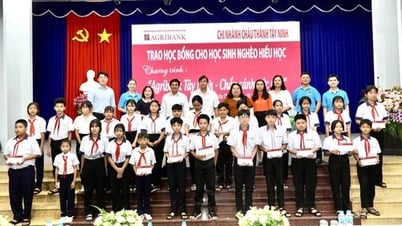















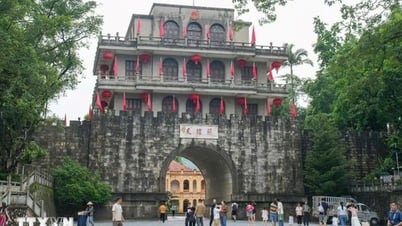



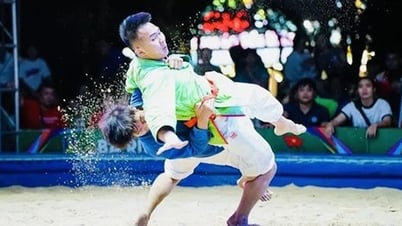
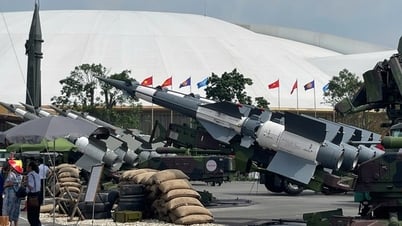



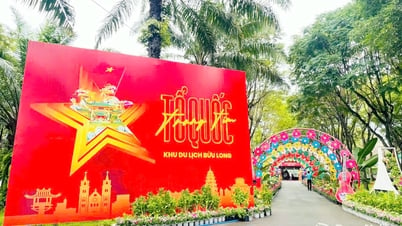
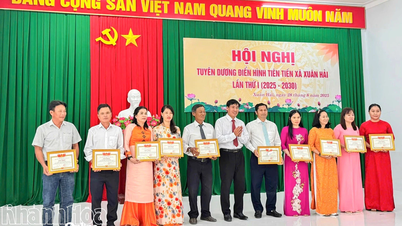
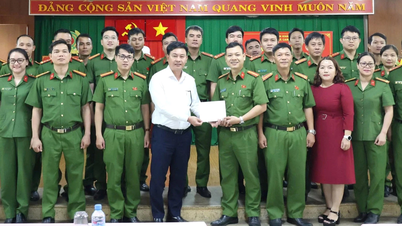















Comment (0)